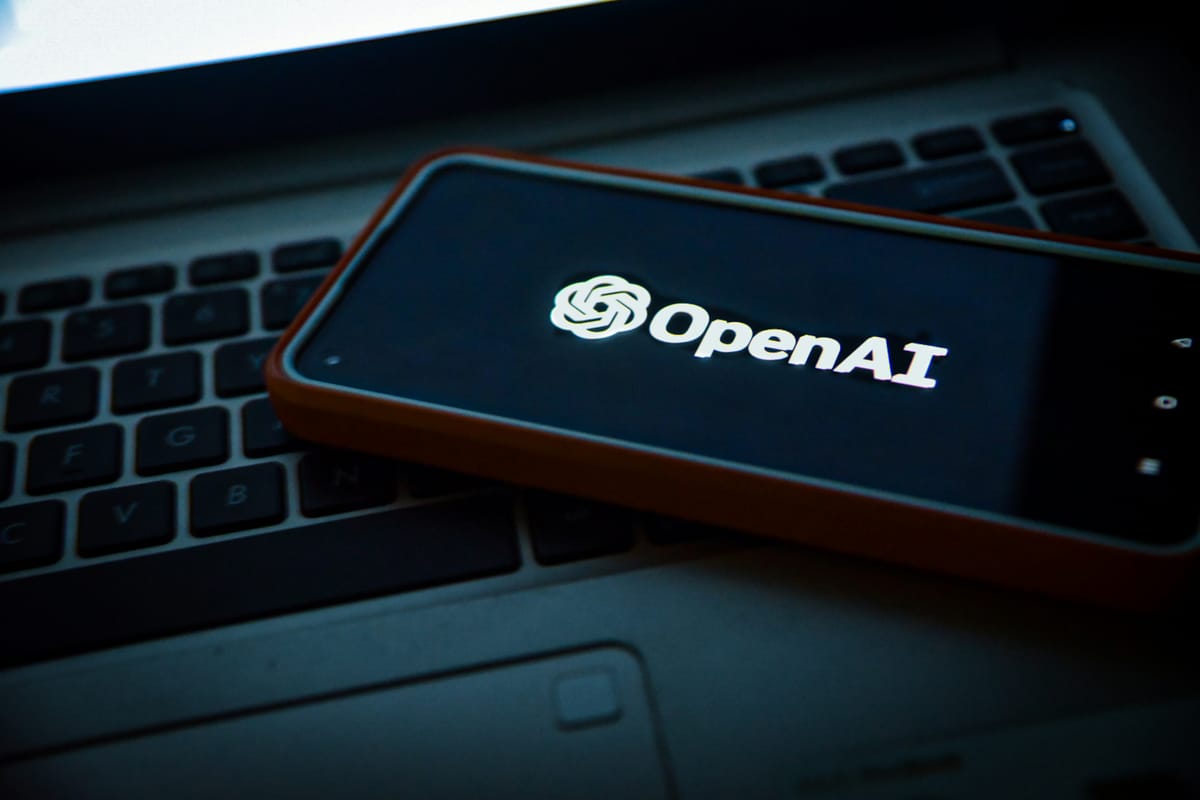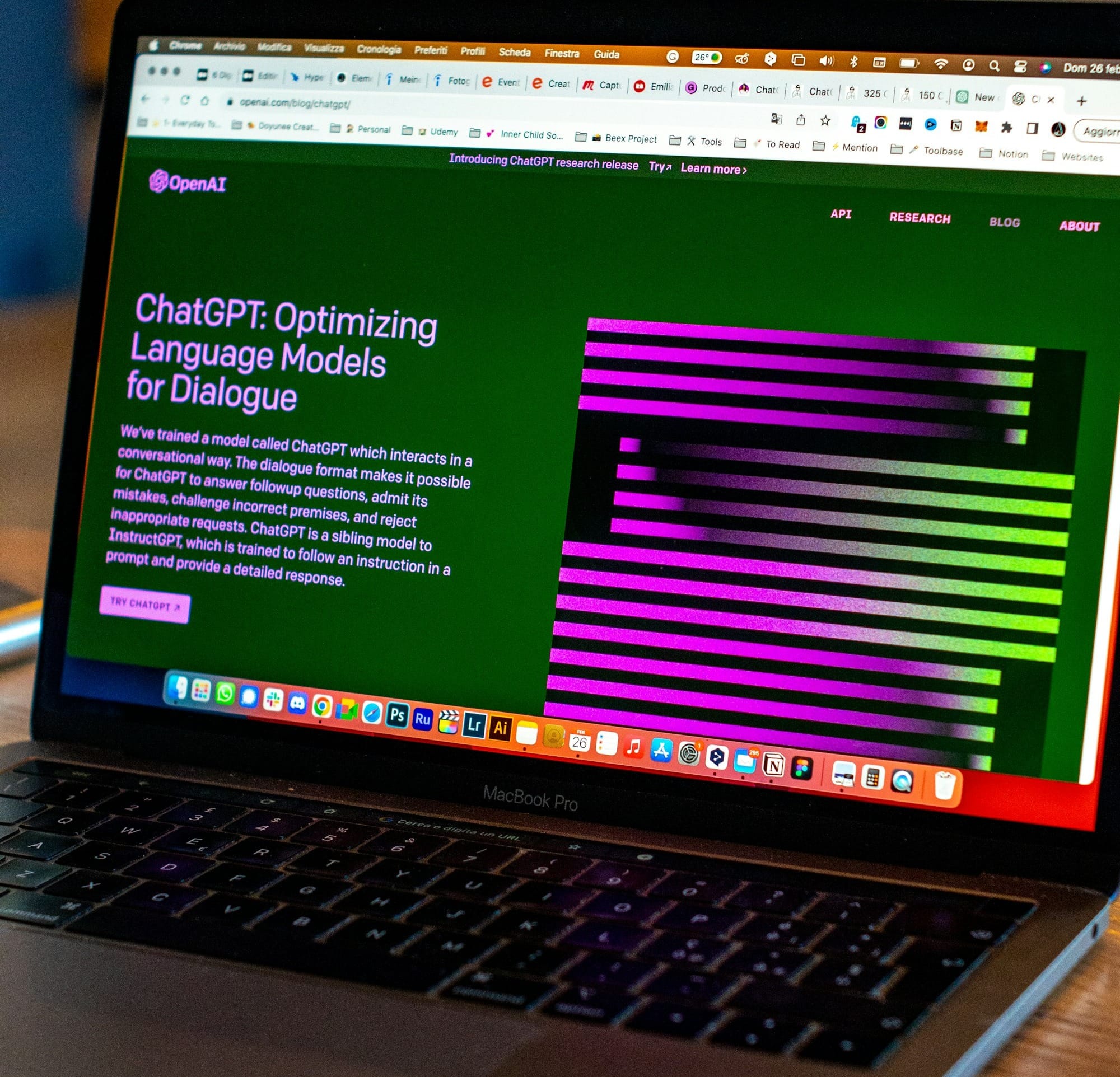The Reality of AI in Education
AI is here to stay in the classroom and that is okay. AI LLMs are like any other tool like a calculator, or web search,. students should use all tools they have access to,

At the time of writing, I am currently pursuing an undergraduate degree in computer science. I still remember my earliest years in grade school, when I owned a tiny, pocket-sized spell-checker that felt magic in box at the time. Now, smartphones and other devices can access powerful AI language models—tools so advanced that some can even pass the bar exam. It’s astonishing how rapidly technology has reshaped the learning landscape, and it’s even more striking to have experienced both ends of this spectrum.
After high school, I took a few years away from pursuing my higher education before returning to college. During this time I was able to witness firsthand the profound changes that occurred in higher education with the advent of advanced digital tools. In the past, I had to rely heavily on manual research and basic electronic aids for everything from finding the correct spelling of a word to clarifying simple concepts. Today, AI-driven platforms can summarize complex topics in seconds, generate code snippets for intricate algorithms, and guide me through challenging problem sets with hints that feel tailored to my personal learning style.
These transformations aren’t just about convenience; they’re also altering the very nature of what it means to learn. Instead of spending hours hunting down information in textbooks or verifying the accuracy of every reference, I can invest more time into critical thinking, creative problem-solving, and innovative experimentation. The emphasis of my education has shifted: rather than just memorizing facts, I’m learning how to leverage advanced tools responsibly, asking better questions and focusing on the conceptual frameworks that underlie computer science itself.

Of course, there are challenges. With the power of AI at my fingertips, I must remain vigilant about verifying results, maintaining academic integrity, and ensuring that I continue to develop a strong foundational skill set. But I’m confident that this new era—one that bridges the gap between the humble spell-checkers of my childhood and the sophisticated language models of today—is equipping me, and countless other students, to engage more deeply with our fields. In a sense, higher education now is not just about absorbing knowledge; it’s about learning how to navigate a world where knowledge is instantly accessible, yet still demands critical analysis, integrity, and genuine understanding.




Comments ()